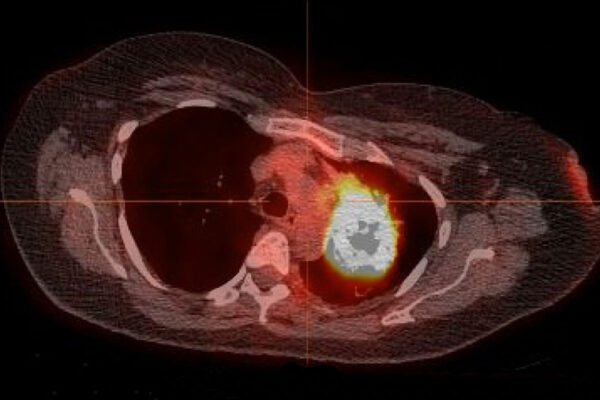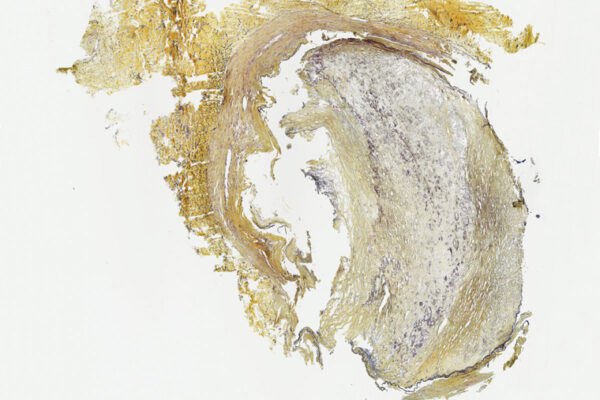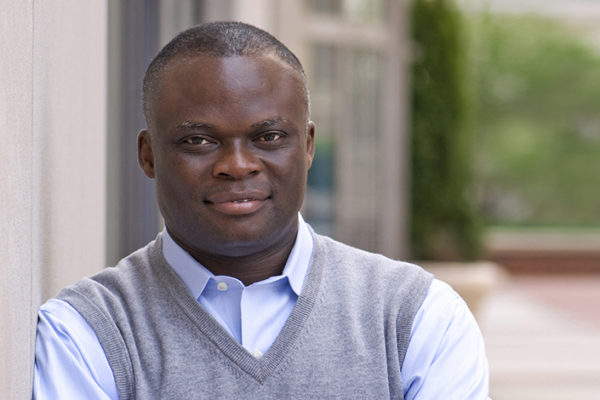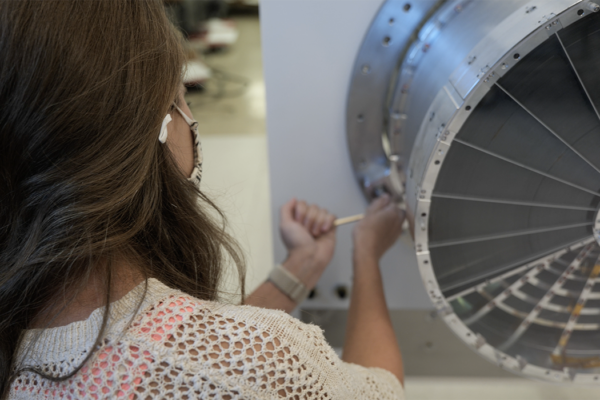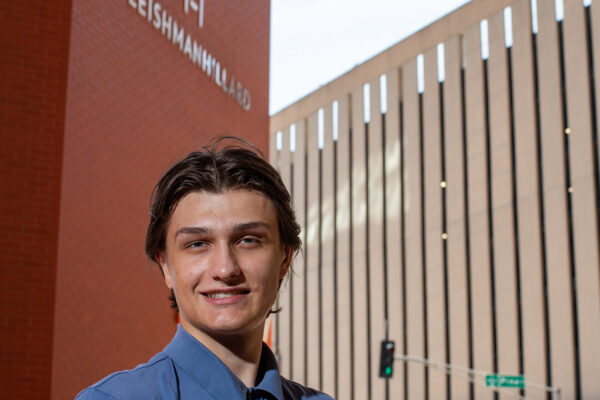‘Fight or flight’ – unless internal clocks are disrupted, study in mice shows
Neuroscientists in Arts & Sciences discovered that the daily release of hormones depends on the coordinated activity of clocks in two parts of the brain, a finding that could have implications for human diseases.
Most cases of never-smokers’ lung cancer treatable with mutation-targeting drugs
A new study from Washington University School of Medicine estimates that 78% to 92% of lung cancers in patients who have never smoked can be treated with precision drugs already approved by the Food and Drug Administration to target specific mutations in a patient’s tumor.
Blood marker could help ID those at risk of debilitating peripheral artery disease
Washington University School of Medicine researchers have found a protein in the blood that could be measured to identify patients with limb-threatening ischemia — a condition in which heavy plaque formation causes a severe narrowing of the arteries — earlier in the disease process.
Fail Better: Shubham Tayal
Shubham Tayal was distraught the first time he was rejected from the university’s elite Emergency Support Team. The second time wasn’t so bad. In the latest “Fail Better,” Tayal explains how Bollywood fusion helped him find his groove.
Ssewamala receives $3.2M to address HIV stigma among Ugandan teens
Fred Ssewamala, the William E. Gordon Distinguished Professor at the Brown School, has received a grant to study the impact of a multilevel intervention to reduce HIV stigma and improve treatment outcomes among adolescents in Uganda.
XL-Calibur telescope to examine the most extreme objects in the universe
Researchers led by physicist Henric Krawczynski in Arts & Sciences completed initial construction on XL-Calibur, a new balloon-borne telescope designed to measure the polarization of high-energy X-rays from black holes, neutron stars and other exotic celestial objects.
How new leaders build — or lose — trust over time
Research from Olin Business School found that employees’ initial expectations for a new leader were a strong indicator of how trust levels would change over time. The higher the initial level of follower expectations, the steeper the resulting decline in trust.
Memorial service celebrating the life of William H. Danforth to be held Oct. 2
A memorial service celebrating the life of Chancellor Emeritus William H. Danforth, MD, will be held at 11:30 a.m. Saturday, Oct. 2, in Graham Chapel.
Chancellor’s Career Fellows build networks, explore careers
Many summer internships are unpaid or pay little. Chancellor Andrew D. Martin created a new program so more students, regardless of family income, can afford to have these meaningful career experiences.
Radiation therapy reprograms heart muscle cells to younger state
Radiation therapy for ventricular tachycardia — a life-threatening irregular heart rhythm — appears to work by reverting heart muscle cells to a younger state, reducing the irregular rhythms, according to a new study from Washington University School of Medicine.
View More Stories

